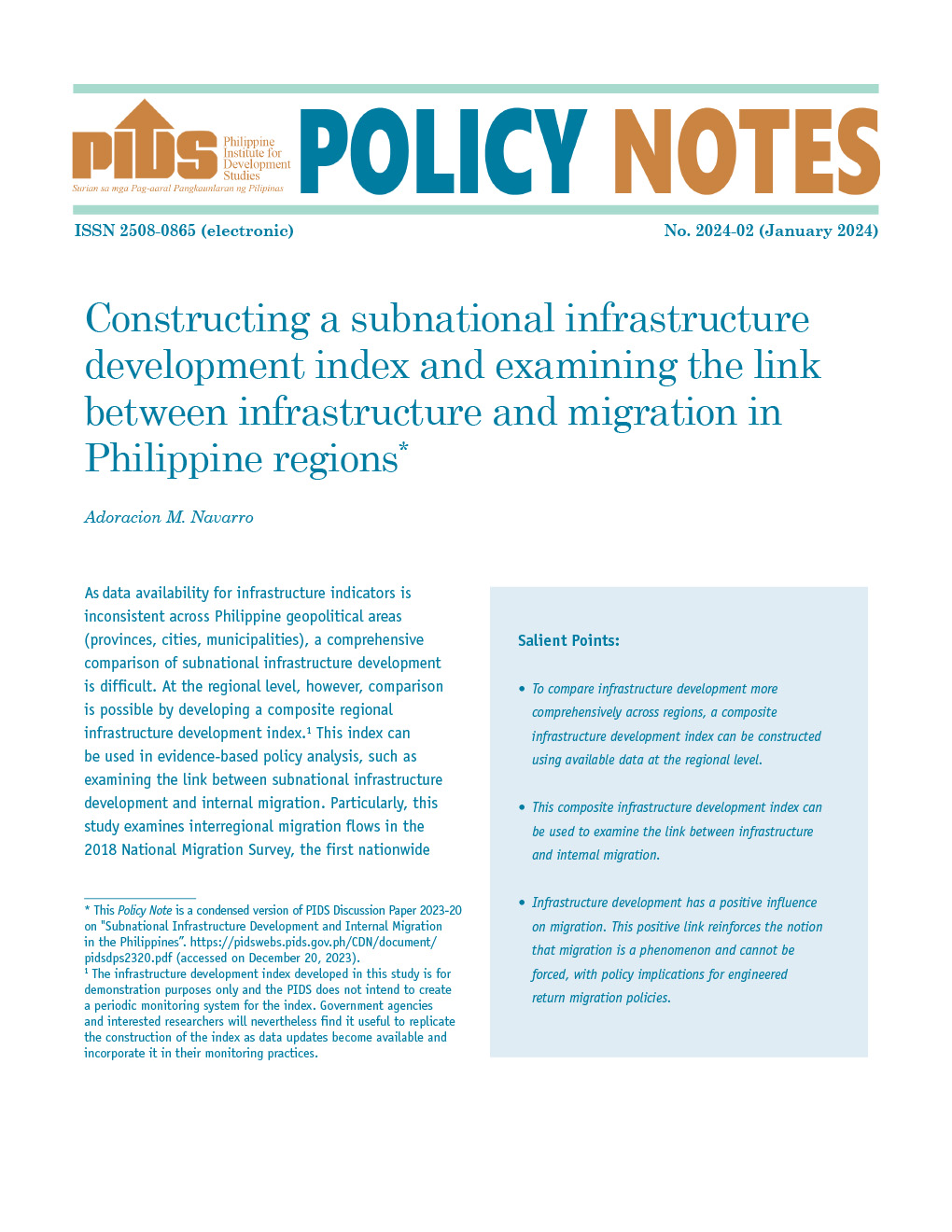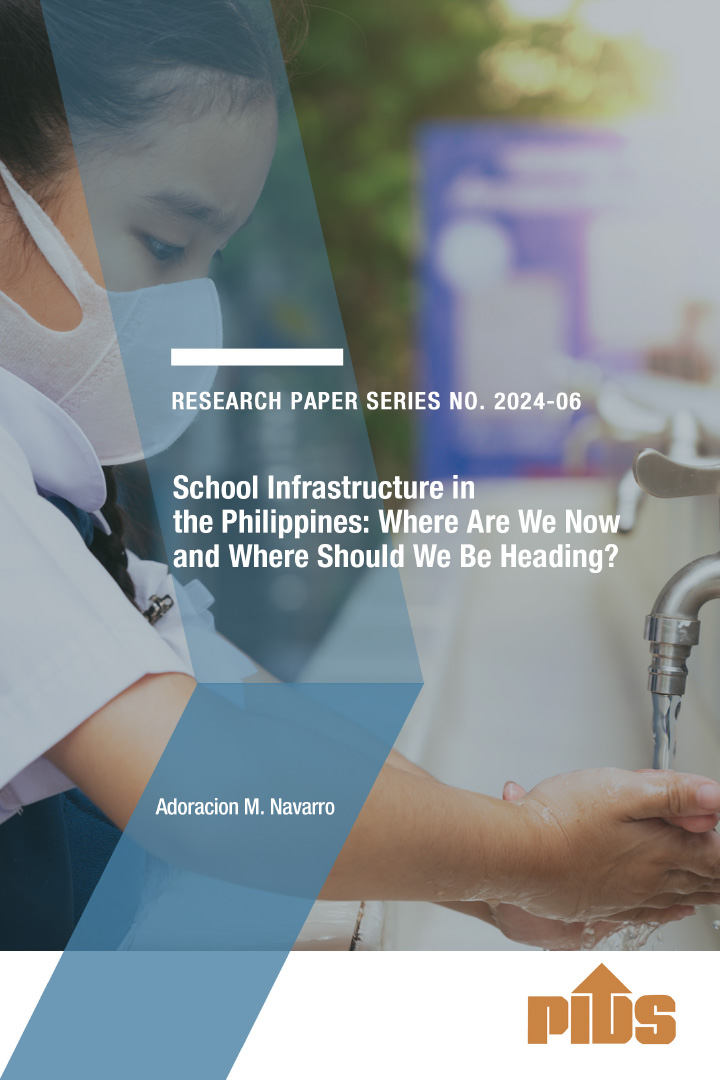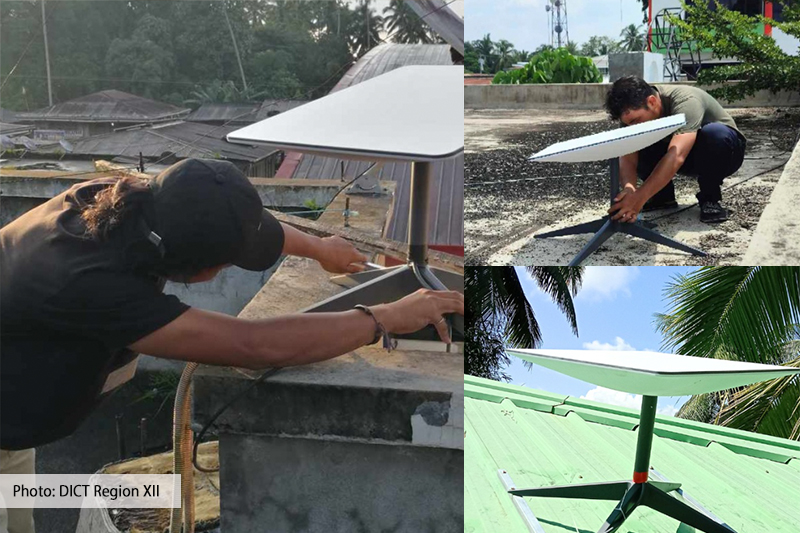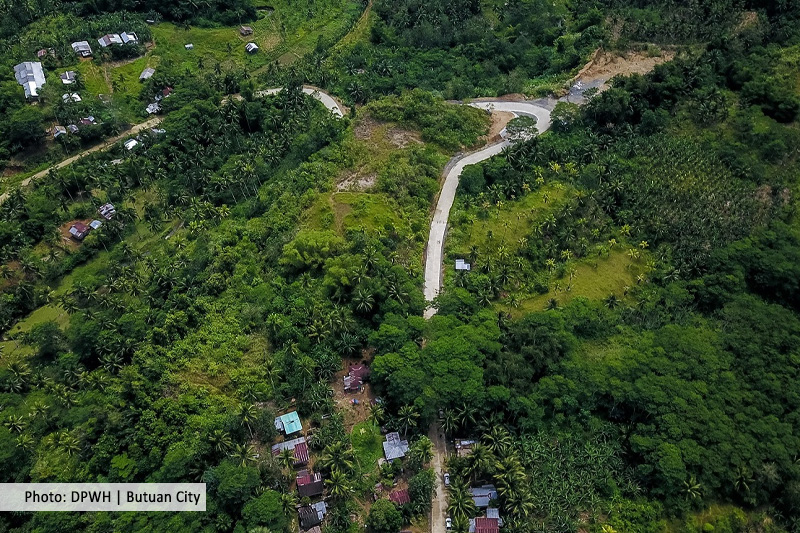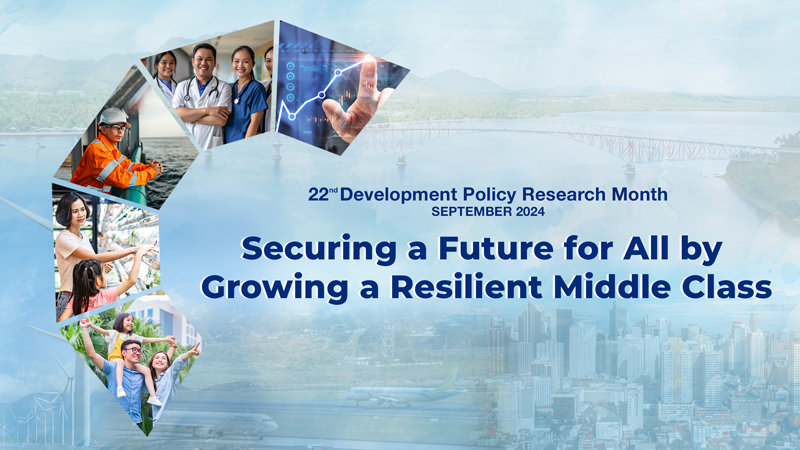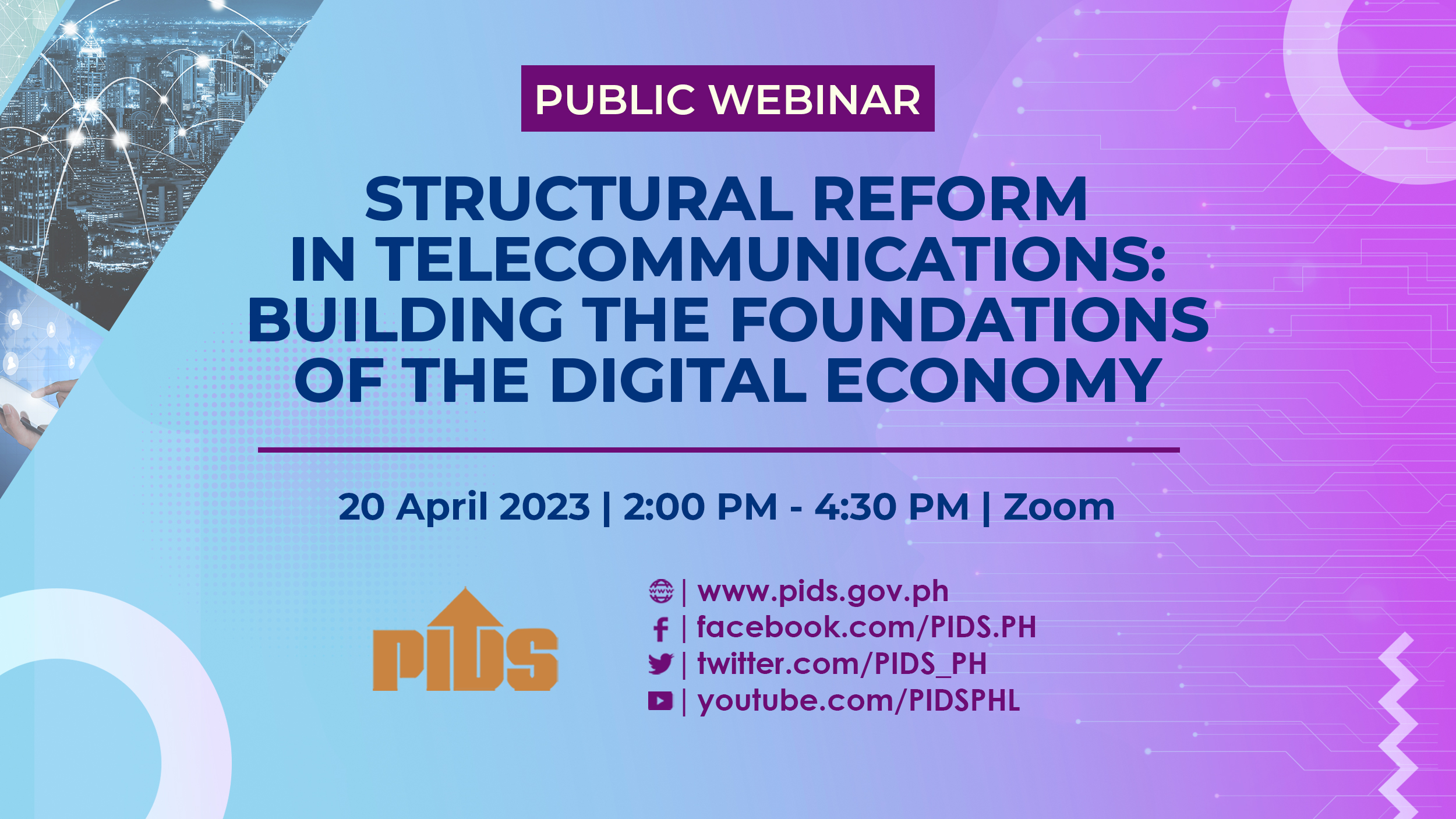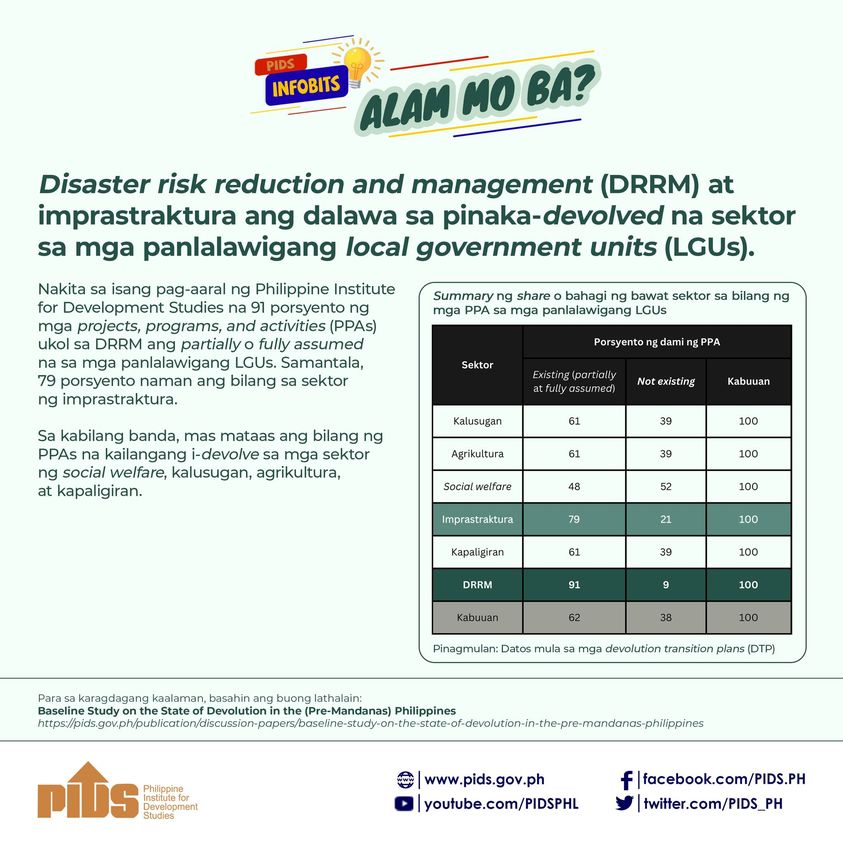THE government has to invest in building a reliable, accessible, and affordable infrastructure on information and communication technology (ICT) to sustain an improved economic performance and boost its growth.
This, according to a recent study conducted by government think tank Philippine Institute for Development Studies (Pids).
The study, authored by Pids senior fellows Jose Ramon Albert and Ramonette Serafica, and former research analyst Beverly Lumbera, also showed the lack of a national broadband policy makes Internet services in the country expensive yet slow.
"Internet services in the country have remained one of the most expensive in the Asia-Pacific Region. Worse, Internet speed is not proportional to the costs," the study revealed.
This problem is primarily caused by the lack of comprehensive policies on ICT development, which, in turn, results in unequal distribution of digital dividends or the development effects of ICT.
There is a direct relationship between increased ICT access and economic growth, the study said, confirming a World Bank study that showed for every 10-percent increase in high-speed Internet connection, economic growth increases by 1.3 percent.
"ICT, especially the Internet, promotes inclusion. Micro and small firms can connect with potential buyers in another country through Internet and social media. They can also gain knowledge and skills to trust a new business partner based on information gained from the Internet," the study said.
According to the International Telecommunication Union's ICT development index, the Philippines placed fifth among countries across Southeast Asia in terms of the number of people who have access to the Internet.
Internet access or Internet penetration has grown the most in the last six years, from 9 percent in 2009 to 25 percent in 2010. By 2014, the Philippines is expected to have 40-percent Internet penetration.
As this developed, the authors recommended that policymakers have to target ICT development, widen access, and promote competition and further interconnectedness.
"Part of ICT development should improve regulations regarding Internet exchanges. Telecommunication companies exact fees to let other companies pass through their physical networks; in turn, this racks up the costs of providing connection," they explained.
The authors also lamented the fact that despite the high cost paid by consumers for poor quality connection, there is little action from government. Effective implementation of rules and regulations is also lacking; thus, telecommunication companies have gotten away with providing a lot less speed than advertised.
"The responsibilities lies with the National Telecommunications Commission and the Department of Trade and Industry. They need to reform some regulations and rectify penalties that are no longer effective to prompt better competitive practices," the paper suggested.//
This, according to a recent study conducted by government think tank Philippine Institute for Development Studies (Pids).
The study, authored by Pids senior fellows Jose Ramon Albert and Ramonette Serafica, and former research analyst Beverly Lumbera, also showed the lack of a national broadband policy makes Internet services in the country expensive yet slow.
"Internet services in the country have remained one of the most expensive in the Asia-Pacific Region. Worse, Internet speed is not proportional to the costs," the study revealed.
This problem is primarily caused by the lack of comprehensive policies on ICT development, which, in turn, results in unequal distribution of digital dividends or the development effects of ICT.
There is a direct relationship between increased ICT access and economic growth, the study said, confirming a World Bank study that showed for every 10-percent increase in high-speed Internet connection, economic growth increases by 1.3 percent.
"ICT, especially the Internet, promotes inclusion. Micro and small firms can connect with potential buyers in another country through Internet and social media. They can also gain knowledge and skills to trust a new business partner based on information gained from the Internet," the study said.
According to the International Telecommunication Union's ICT development index, the Philippines placed fifth among countries across Southeast Asia in terms of the number of people who have access to the Internet.
Internet access or Internet penetration has grown the most in the last six years, from 9 percent in 2009 to 25 percent in 2010. By 2014, the Philippines is expected to have 40-percent Internet penetration.
As this developed, the authors recommended that policymakers have to target ICT development, widen access, and promote competition and further interconnectedness.
"Part of ICT development should improve regulations regarding Internet exchanges. Telecommunication companies exact fees to let other companies pass through their physical networks; in turn, this racks up the costs of providing connection," they explained.
The authors also lamented the fact that despite the high cost paid by consumers for poor quality connection, there is little action from government. Effective implementation of rules and regulations is also lacking; thus, telecommunication companies have gotten away with providing a lot less speed than advertised.
"The responsibilities lies with the National Telecommunications Commission and the Department of Trade and Industry. They need to reform some regulations and rectify penalties that are no longer effective to prompt better competitive practices," the paper suggested.//

